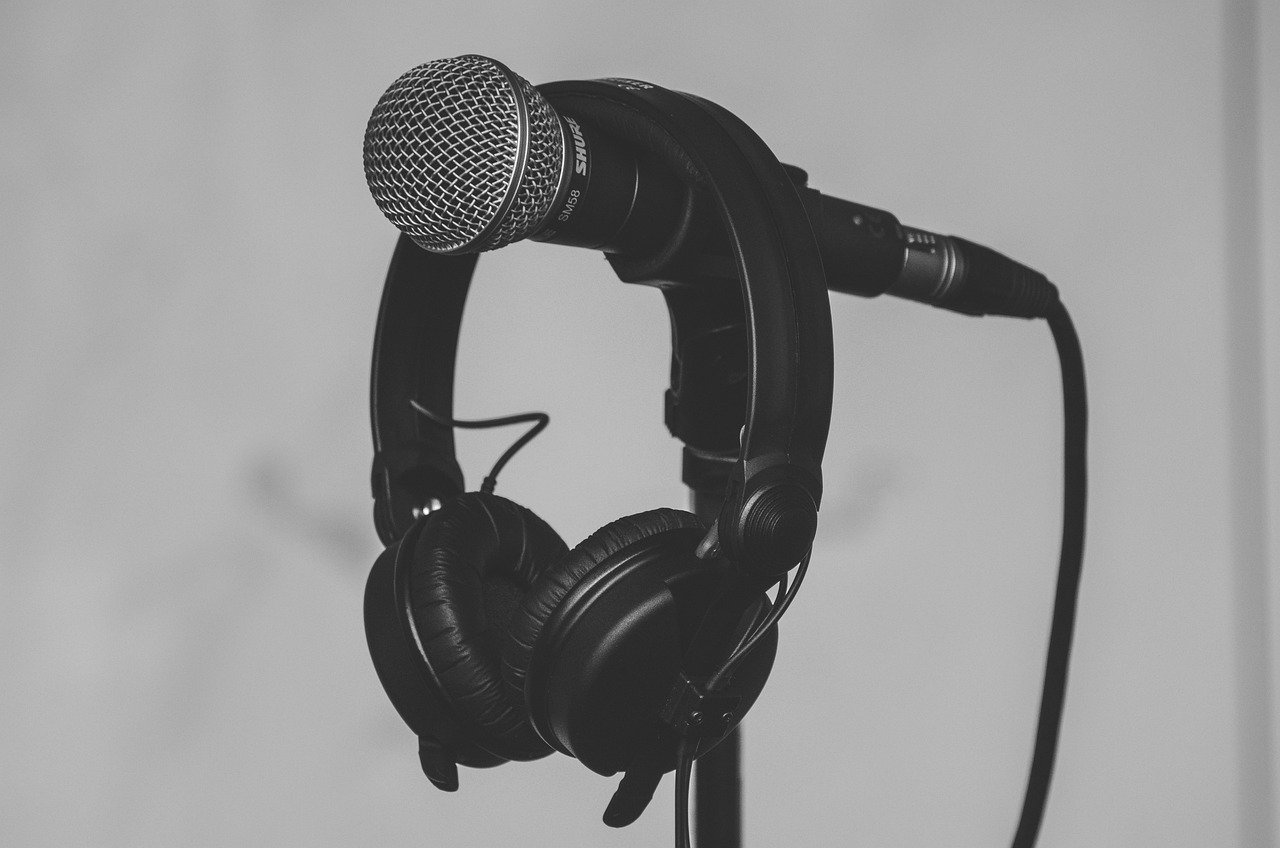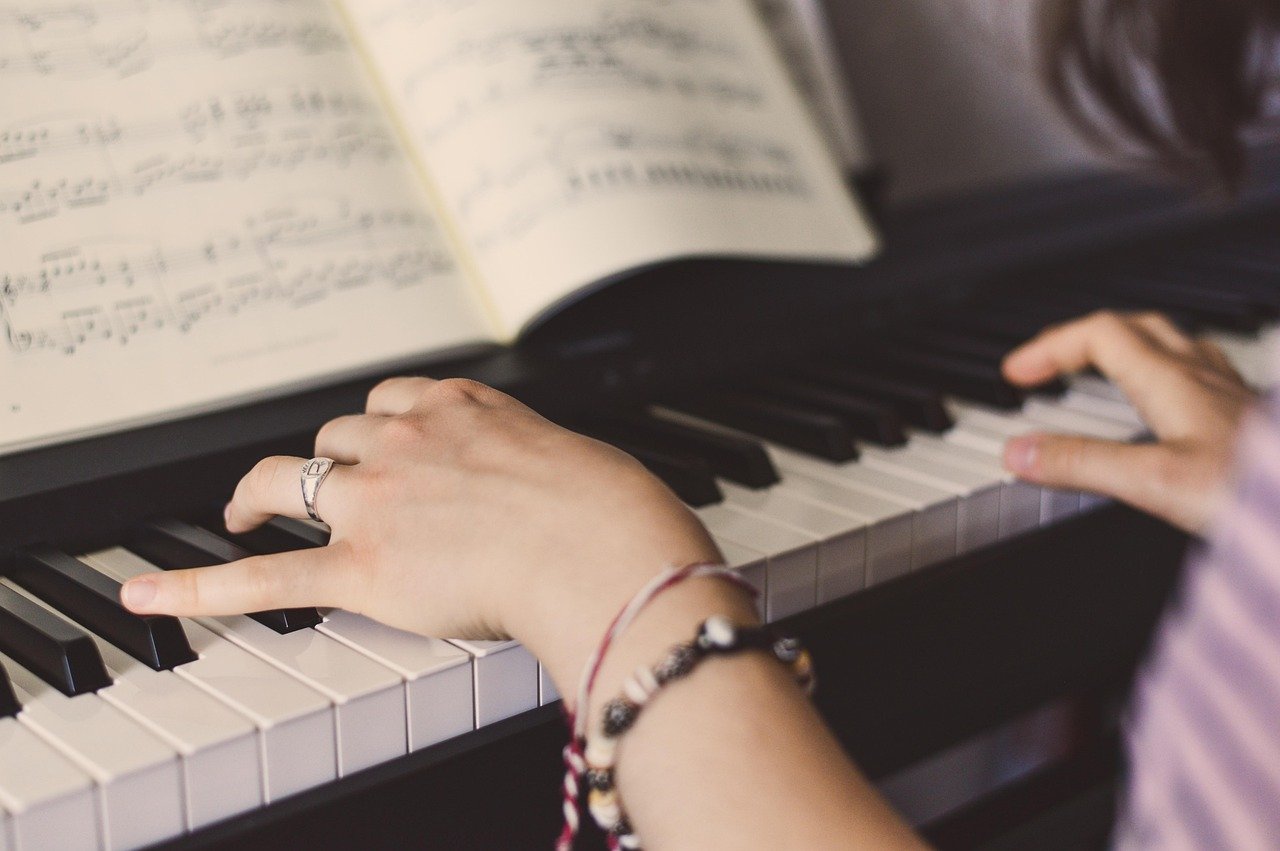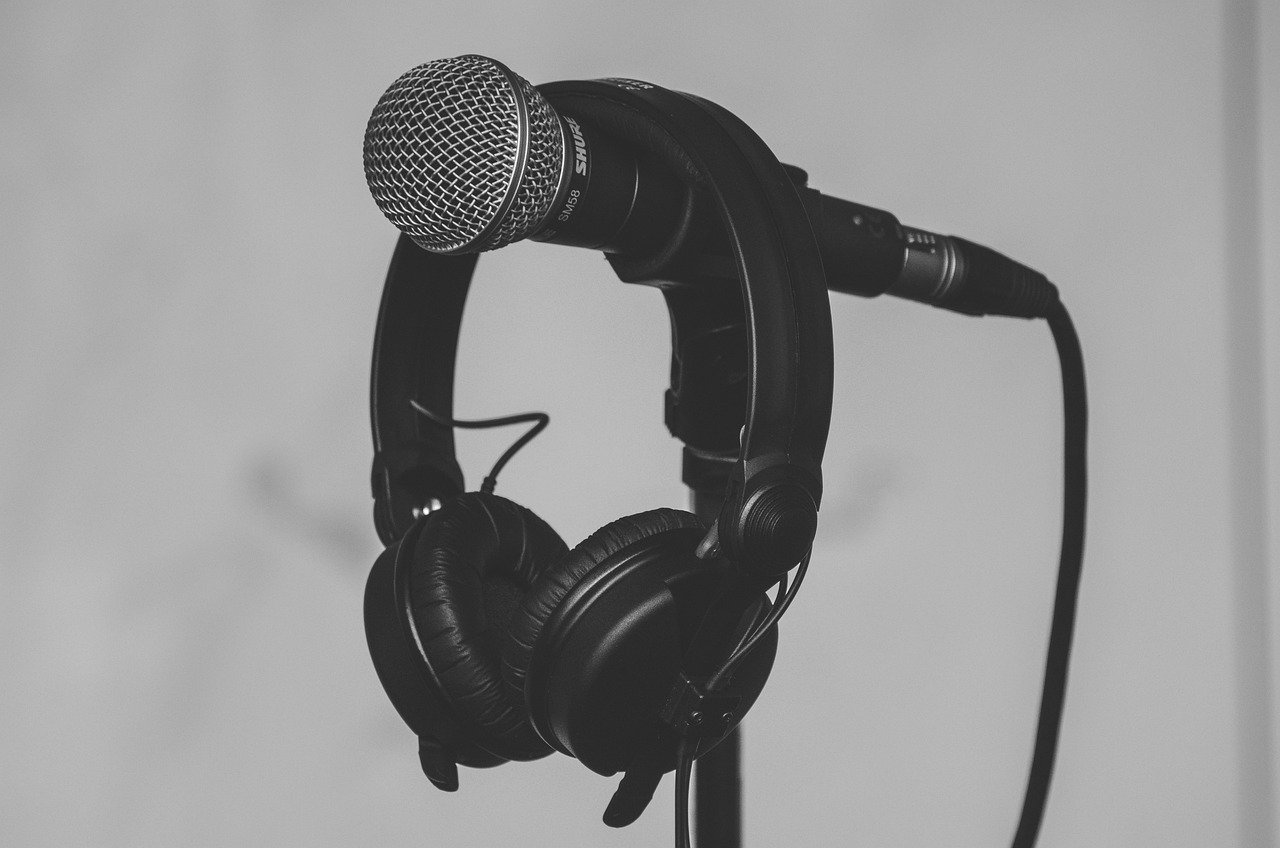Have you ever wondered if your favorite song was written by a human or a computer? It sounds wild, maybe even unsettling, but artificial intelligence is shaking up the music industry in ways that few could have imagined. The blend of code and creativity is changing everything from how music is made to how we listen, discover, and even perform it. If you thought the invention of the electric guitar or digital streaming was big, AI might just be the most surprising revolution yet. Let’s dive into how AI is rewriting the rules of music, one note at a time.
AI in Music Creation
AI is no longer just a tool for tech geeks or data scientists; it’s now a creative partner in the studio. Programs like OpenAI’s MuseNet and Google’s Magenta can whip up melodies, harmonies, and even entire songs by analyzing mountains of existing music. This means a musician can type in a style—say, “jazz fusion with a hint of pop”—and instantly get a unique composition. It’s almost like having a musical genie at your fingertips. Some artists use these AI-generated snippets as inspiration, while others blend them directly into their tracks. The result? Totally new sounds and genre mashups that might never have existed otherwise. It’s not about robots replacing songwriters, but about pushing creativity into unexplored territory. Musicians who once felt boxed in by their own habits are now discovering fresh ideas, thanks to their digital collaborators.
Personalized Music Recommendations
Remember the days of flipping through radio stations hoping to stumble on a good tune? Those days are fading fast. Streaming giants like Spotify and Apple Music are using AI to create deeply personalized playlists. These algorithms “learn” your tastes by analyzing your listening history—what you skip, what you replay, and even the time of day you listen. This means that every “Discover Weekly” or “For You” playlist feels almost eerily tailored to your mood. For listeners, it’s like having a personal DJ who knows exactly what you want to hear next. For emerging artists, these algorithms are a lifeline, connecting their music to fans who would otherwise never find them. The result is a richer, more diverse musical landscape that breaks down old barriers and gives everyone a shot at being heard.
AI in Music Production

The studio used to be a mysterious, expensive place reserved for those with big budgets. Now, AI-powered platforms like LANDR and iZotope are changing that story. These tools listen to a raw track and automatically make smart adjustments—balancing levels, enhancing clarity, and even mastering the final sound. It’s like having a seasoned sound engineer on call 24/7, but without the hefty price tag. Independent artists and bedroom producers can now achieve professional-quality music without leaving home. This democratization is making the industry more accessible than ever before. The lower barrier to entry means more voices, more experimentation, and, ultimately, more innovation in the music we all enjoy.
AI-Driven Marketing Strategies
Getting your music noticed is half the battle, and AI is becoming an essential ally in the marketing war room. Sophisticated analytics tools sift through data from social media, streaming platforms, and even live shows to reveal who’s listening, where they’re from, and what they love. Artists and labels can use this intel to craft laser-targeted marketing campaigns, focusing their efforts (and budgets) where they’ll have the most impact. AI can also predict which songs are likely to become hits, based on current trends and listener behavior. This means musicians can stay ahead of the curve, tweaking their style or timing their releases for maximum effect. In a world where attention is the ultimate currency, AI is helping artists spend it wisely.
Enhancing Live Performances

Concerts are no longer just about music; they’re immersive experiences. AI is powering jaw-dropping visuals that react in real-time to the music on stage, creating a feast for the senses. Imagine lights, projections, and even holograms shifting and morphing with every beat and chord. Some artists are using AI to interact with the crowd, adjusting their setlists on the fly based on audience reactions captured by sensors. For performers, this opens up new ways to connect with fans and turn every show into a unique, unforgettable event. The traditional gap between artist and audience is closing, replaced by a shared experience that’s different every single night.
AI and Copyright Issues

As AI-generated music grows more common, it’s sparking a whole new set of legal headaches. Who owns a song created mostly by an algorithm—the person who pressed the button, the company that built the software, or the AI itself? Existing copyright laws weren’t designed for this kind of creativity, and artists, lawyers, and lawmakers are scrambling to keep up. Some fear that AI could flood the market with derivative, copycat music, making it harder for original voices to stand out. Others worry about fair compensation: if an AI writes half a song, should it get a share of the royalties? The answers aren’t clear yet, but one thing’s for sure—the legal side of music is about to get a lot more complicated.
AI in Music Education
Learning music used to mean endless hours with a teacher, but AI is offering something new. Apps like Yousician and SmartMusic use AI to listen as you play and give instant, personalized feedback. Miss a note? The app points it out and suggests ways to improve. These platforms adapt to your pace, designing exercises based on your strengths and weaknesses. It’s like having a patient, always-available tutor in your pocket. For kids in remote areas or those who can’t afford private lessons, AI is breaking down barriers and making music education accessible to all. The result is a new generation of musicians who are more engaged, more confident, and more creative.
AI in Sound Engineering and Mastering
The final polish on a song—the mastering process—used to be a mysterious art, reserved for experts with golden ears. Now, AI is demystifying this crucial step. Programs can analyze thousands of professionally mastered tracks and apply those lessons to new music, ensuring every song sounds crisp and balanced across all devices. Artists can upload their rough mix and receive a mastered version in minutes, not days. This speed and affordability are game-changers for indie musicians trying to keep up in a fast-paced industry. With AI, high-quality sound is no longer the exclusive domain of big-budget studios.
AI-Powered Lyric Generation
Writing lyrics can be a torturous process, but AI is lending a hand here, too. Some platforms can generate lyrics based on themes, moods, or even specific words you input. This isn’t about replacing poets or lyricists, but about breaking creative blocks and sparking new ideas. An artist might use AI-generated lyrics as a jumping-off point, then add their own personal touch. It’s like brainstorming with a tireless collaborator who never runs out of ideas. For some, the results are surprisingly poetic; for others, they’re a hilarious jumble. Either way, AI is injecting a fresh burst of inspiration into the songwriting process.
AI in Music Video Production

Music videos are a powerful way to tell a story, and AI is now getting involved behind the camera. Tools can automatically generate video clips that match the mood, tempo, and style of a track. Some artists use AI to create animated visuals that sync perfectly with their music, while others experiment with deepfake technology to create surreal, mind-bending effects. This opens up a world of possibilities for musicians with tight budgets or wild imaginations. The line between music and visual art is blurring, and fans are treated to experiences that are more immersive and surprising than ever before.
The Future of AI in the Music Industry

The pace of change in the music world is dizzying, and AI is at the center of it all. As technology gets smarter, we can expect even more astonishing applications—collaborative songwriting between humans and machines, hyper-personalized listening experiences, and performances that defy the limits of imagination. But with all this promise comes uncertainty. Musicians, fans, and industry insiders must navigate questions about ethics, creativity, and fairness. The only thing that’s certain? The music industry will never sound the same again.


